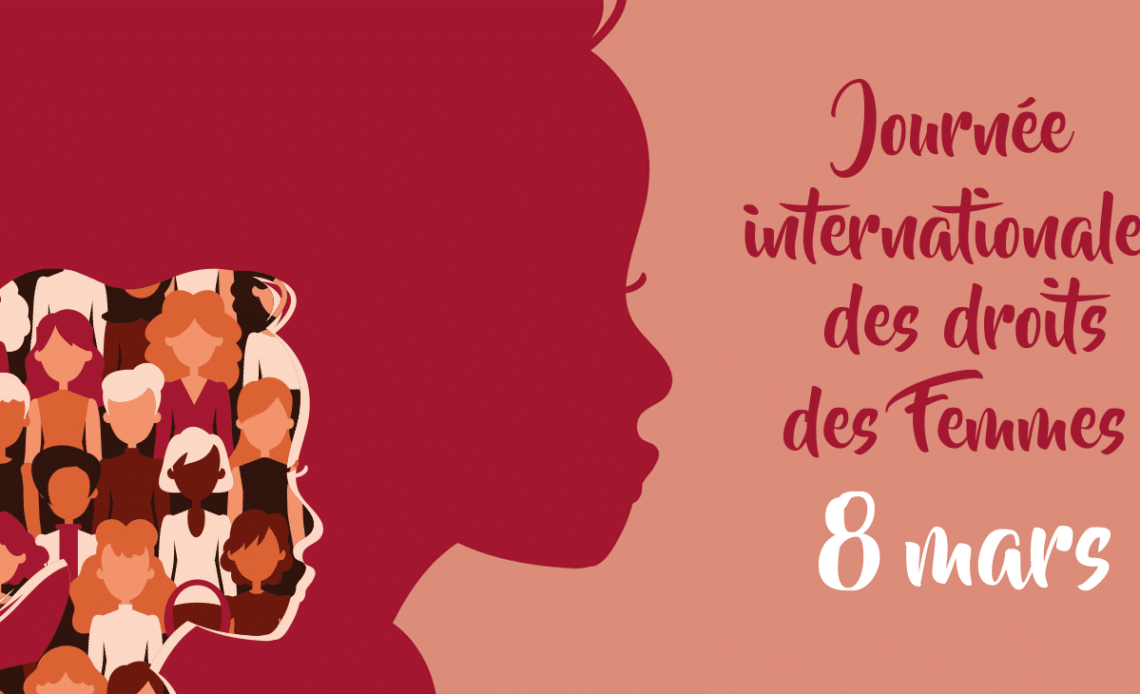
On March 8th, it is International Women’s Rights Day. Women have always fought for their rights. But it was in the 20th century that changes began to take place.
Since Olympe de Gouges, the author of the Declaration of the Rights of Woman and of the Female Citizen, there have been numerous developments regarding women’s rights. Right to vote, abortion, contraception, or political parity, prominent female figures have been able to grant citizens rights they did not have before. Let’s revisit five key dates in the history of the women’s rights struggle in France.
1944 – Women’s right to vote and eligibility
« Women are voters and eligible under the same conditions as men. » Thanks to this ordinance signed on April 21, 1944, General De Gaulle extended the right to vote to women. In France, for over 150 years, there had been civic mobilizations on this issue. Women were able to vote for the first time on April 29, 1945, during municipal elections.
1967 – Neuwirth Law authorizing contraception
In 1966, Deputy Lucien Neuwirth drafted a bill aimed at authorizing and liberalizing the use of contraception. He wanted to repeal the law of July 31, 1920, which criminalized both abortion and any contraception to repopulate the country after World War I. The Neuwirth Law proposal was finally passed on second reading in the Assembly on December 14, 1967. It was definitively adopted by both the Assembly and the Senate on December 19, 1967. On 28 December it was promulgated by General de Gaulle. Also known as the «Law on Birth Control», the Neuwirth Law establishes legislation authorizing the manufacture and import of contraceptives. The law also allows their exclusive sale in pharmacies on medical prescription, with parental authorization for minors.
1975 – Women’s authorization of abortion
Before 1975, in France, pregnant women wishing to terminate an unwanted pregnancy had no choice but to turn to clandestine and artisanal solutions. The right to abortion is then not only a question of feminism, but also of health.
In November 1974, Simone Veil, Minister of Health in the government of Jacques Chirac, presented to the deputies his bill for the legalization of abortion. On January 17, 1975, the Veil Law decriminalized abortion for a probationary period of 5 years. It allows any pregnant woman to ask a doctor or midwife for the termination of her pregnancy without having to provide justification.
1983 – Roudy Act on Professional Equality
On 3 March 1983, Yvette Roudy, Minister Delegate for Women’s Rights, introduced a bill to establish professional equality between women and men. The Roudy Act came into force on 13 July 1983. This law reaffirms the principle of equality throughout the professional field (recruitment, remuneration, promotion or training). It consolidates previous laws on equality at work between men and women.
The Roudy Act clarifies and amends the legislative provisions of 1972 and 1975 by removing the notion of « legitimate ground » of any discrimination. Companies are now required to produce an annual report on the comparative situation of women and men in the company. Finally, the law supplements equal treatment with the notion of equal opportunities. This last notion implies that specific actions are taken towards women to guarantee real equality
2024 – Entry of abortion into the Constitution
On Monday, March 4, the 925 parliamentarians gathered in Congress in Versailles adopted the constitutional bill establishing the «guaranteed freedom» for women to resort to abortion. This right thus becomes a fundamental freedom enshrined in the Supreme Law. With 780 votes in favour and 72 against, France enshrines the right to abortion in its Constitution. This is a world first.